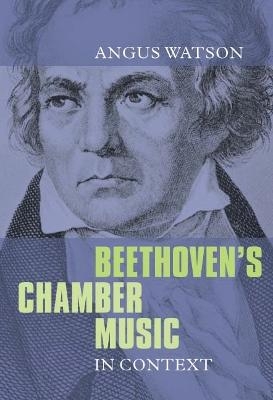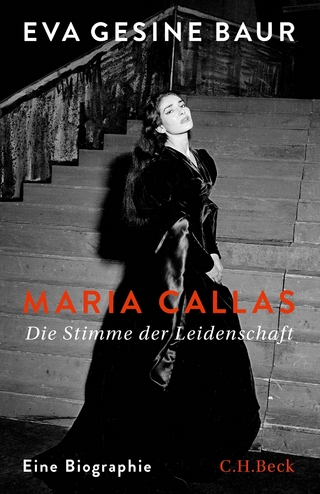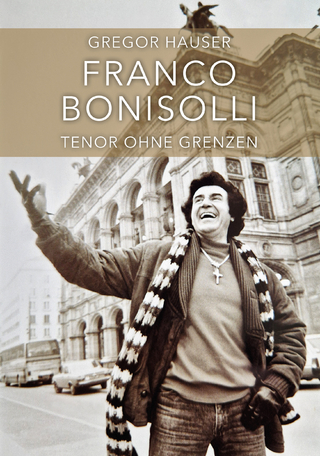
Beethoven's Chamber Music in Context
Seiten
2012
The Boydell Press (Verlag)
978-1-84383-716-9 (ISBN)
The Boydell Press (Verlag)
978-1-84383-716-9 (ISBN)
This comprehensive survey shows how the larger scale works relate to Beethoven's chamber music and how the composer evolved an increasing freedom of form.
Beethoven's Chamber Music in Context provides professional and amateur musicians, and music lovers generally, with a complete survey of Beethoven's chamber music and the background to each individual work - the loyalty of patrons, musicians and friends on the one hand; increasing deafness and uncertain health on the other. Attention is paid to the influence of such large-scale compositions as the Eroica Symphony and Fidelio on the chamber music of his middle years and the Missa Solemnis and the Ninth Symphony on his late quartets. The author also lays stress on Beethoven's ever-increasing freedom of form - largely a result of his mastery of improvisationand a powerful symbol of the fusion of classical discipline with the subversive spirit of romantic adventure which characterises his mature music.
Beethoven's friends were not shy about asking him what his music meant, orwhat inspired him, and it is clear that he attached the greatest importance to the words he used when describing the character of his compositions. 'The tempo is more like the body,' he wrote when commending Malzel's invention ofthe metronome, 'but these indications of character certainly refer to the spirit.'
Angus Watson, a violinist and conductor, has been Director of Music at Stowe School, Winchester College and Wells Cathedral School, one of Britain's specialist music schools. From 1984-1989 he was Dean of Music at the newly founded Hong Kong Academy for Performing Arts.
Beethoven's Chamber Music in Context provides professional and amateur musicians, and music lovers generally, with a complete survey of Beethoven's chamber music and the background to each individual work - the loyalty of patrons, musicians and friends on the one hand; increasing deafness and uncertain health on the other. Attention is paid to the influence of such large-scale compositions as the Eroica Symphony and Fidelio on the chamber music of his middle years and the Missa Solemnis and the Ninth Symphony on his late quartets. The author also lays stress on Beethoven's ever-increasing freedom of form - largely a result of his mastery of improvisationand a powerful symbol of the fusion of classical discipline with the subversive spirit of romantic adventure which characterises his mature music.
Beethoven's friends were not shy about asking him what his music meant, orwhat inspired him, and it is clear that he attached the greatest importance to the words he used when describing the character of his compositions. 'The tempo is more like the body,' he wrote when commending Malzel's invention ofthe metronome, 'but these indications of character certainly refer to the spirit.'
Angus Watson, a violinist and conductor, has been Director of Music at Stowe School, Winchester College and Wells Cathedral School, one of Britain's specialist music schools. From 1984-1989 he was Dean of Music at the newly founded Hong Kong Academy for Performing Arts.
Angus Watson graduated in Gaelic from Aberdeen University and completed a PhD at St Andrews University. He is a published writer of Gaelic short stories and currently lives in France.
| Erscheint lt. Verlag | 19.4.2012 |
|---|---|
| Zusatzinfo | 300 line illus. |
| Verlagsort | Woodbridge |
| Sprache | englisch |
| Maße | 156 x 234 mm |
| Themenwelt | Kunst / Musik / Theater ► Musik ► Klassik / Oper / Musical |
| ISBN-10 | 1-84383-716-1 / 1843837161 |
| ISBN-13 | 978-1-84383-716-9 / 9781843837169 |
| Zustand | Neuware |
| Haben Sie eine Frage zum Produkt? |
Mehr entdecken
aus dem Bereich
aus dem Bereich


